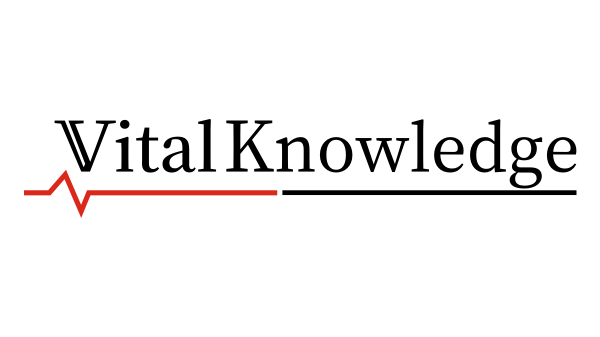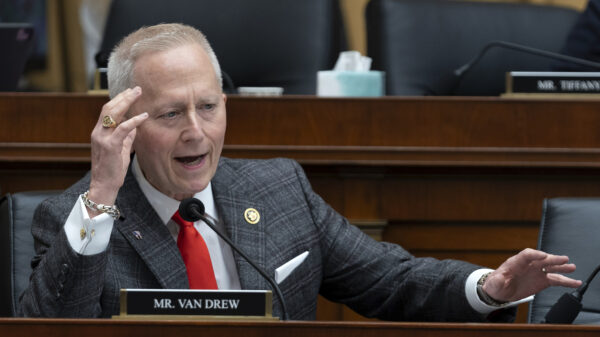The expiration of enhanced tax credits under the Affordable Care Act (ACA) on December 31, 2023, threatens to significantly increase healthcare costs for approximately 22 million Americans. Experts indicate that this change will not only affect families reliant on ACA coverage but will also have broader implications for the healthcare system and the economy.
As the deadline approaches, many are expressing concern about the potential fallout. Without these tax credits, individuals and families will face sharply higher premiums and out-of-pocket costs. This situation could force some to forgo necessary healthcare, leading to detrimental health outcomes.
Broader Economic Impact
The ramifications extend beyond individual families. Hospitals and healthcare providers could experience increased financial strain due to a rise in uncompensated care. With more patients unable to afford treatment, healthcare facilities may struggle to maintain operations, which, in turn, could affect job security for thousands of healthcare workers.
According to recent analysis from the Robert Wood Johnson Foundation, the lapse of these tax credits could lead to the loss of hundreds of thousands of jobs across the healthcare sector and related industries. This economic ripple effect could impact not only those directly involved in healthcare but also the wider community reliant on these jobs for their livelihoods.
Furthermore, experts warn that reduced access to healthcare services could lead to a decline in overall public health. Increased hospital visits for preventable conditions would strain resources and lead to higher costs for healthcare providers and taxpayers alike.
Political Landscape and Future Outlook
The impending expiration of the enhanced ACA tax credits is also drawing attention from policymakers. Discussions are ongoing about potential legislative solutions to extend or replace these credits. However, any proposed measures would require bipartisan support, which has proven challenging in the current political climate.
Advocacy groups are urging legislators to prioritize healthcare affordability and accessibility. Given the approaching deadline, the pressure is mounting on Congress to take decisive action. The decision made in the coming weeks will significantly impact millions of Americans and the healthcare system as a whole.
As the clock ticks down to the end of 2023, the question of who will bear the costs of this policy shift remains critical. With millions at risk of facing higher healthcare expenses, the stakes have never been higher for families, healthcare providers, and the economy.








































































